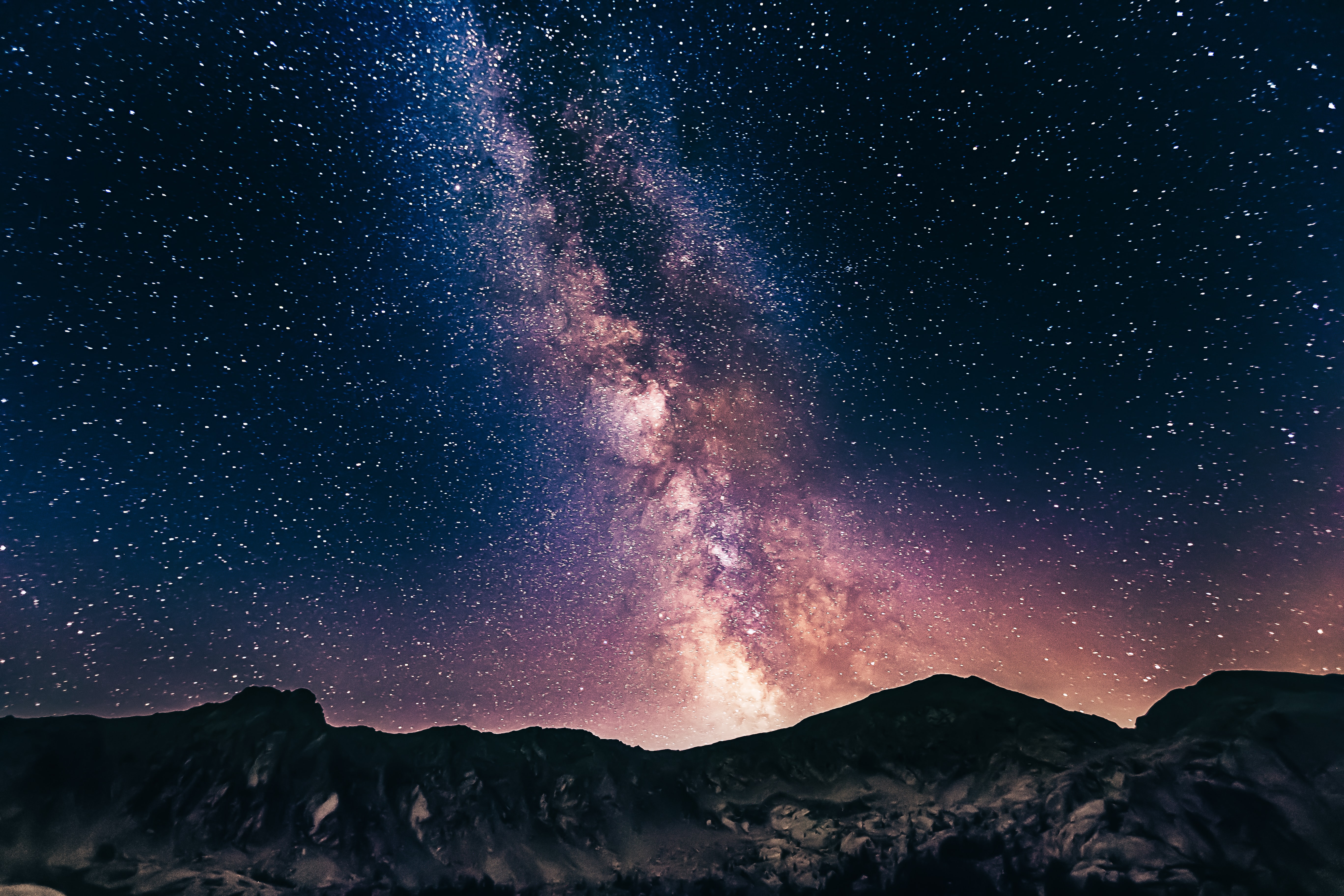
Lent Reflection 2020:Light
‘And God said “Let there be light,” and there was light. God saw that the light was good, and he separated the light from the darkness he called “night.” And there was evening, and there was morning – the first day.’
~Genesis 1: 3-5
Light is used throughout the Bible to signify God and God’s presence. ‘God is light’ (John 1: 5). Paul tells us to ‘live as children of the light, for the fruit of the light consists in all goodness, righteousness and truth’ (Ephesians 5: 8-9). God’s word should guide us: ‘your word is a lamp for my feet, a light for my path’ (Psalm 119: 105). God ‘made his light shine in our hearts to give us the light of the knowledge of God’s glory displayed in the face of Christ’ (2 Corinthians 4:6).
Light allows us to perceive the beauty of the world, and also the destruction and devastation that we must be part of changing for the better. Light reveals what needs to change – perhaps we should be asking God to shine a light on the things in our own lives and in our world that we are not addressing as we should be.
Ruth Valerio reminds us: ‘light is the foundation of life: the essential building-block, created on the first day, emanating from the Word and the Spirit of God. It is so foundational that we can live in it and yet miss its beauty and wonder.’
Access to light has become an indicator of the inequality between those who live in areas where electricity is a given, and those who still rely on natural light. Electricity provides us with so many of the modern conveniences we take for granted. The presence or absence of electricity has a significant impact on people’s quality of life. In order to address global poverty, we must ensure access to clean, affordable energy.
More than 920 million people have gained access to electricity since 2010. However, there are still 840 million people without electricity around the world. Across Asia, Latin America and the Caribbean, electrification has been incredibly successful. However, in sub-Saharan Africa, 56% of the population does not have access to electricity. 90% of the 650 million people projected to still be without electricity by 2050 are living in sub-Saharan Africa.
On page 19 of her book, Ruth outlines how the future needs to look: ‘Electricity is one of the largest sources of carbon dioxide emissions, and if we are to provide light to the world – as well as heat, cool air and cooking fuel – we will have to do that in ways that use renewable sources and neither pollute the environment nor pump greenhouse gases into the atmosphere.’
The beauty of our world reflects the beauty of its creator. We must act together to preserve this beauty. For this week, I would like to leave you with a quote from Climate Scientist Katharine Hayhoe:
‘For Christians, doing something about climate change is about living out our faith – caring for those who need help, our neighbours here at home or on the other side of the world, and taking responsibility for this planet that God created and entrusted to us. My faith tells me that God wants people to understand climate change and do something about it. And that is a very freeing thought: I don’t have to change the world all by myself, I just need to partner in the work God wants us to do.’
_RGB_AW.png?width=273&height=130&name=TF_Global_Logo_(Ireland)_RGB_AW.png)
